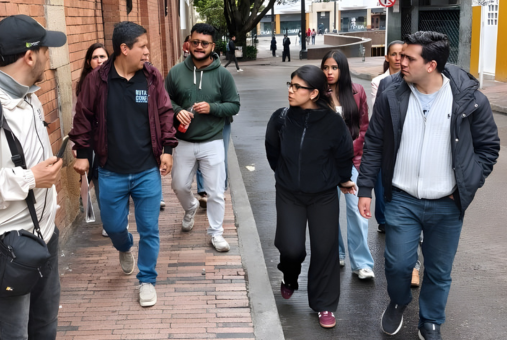
Rutas del Conflicto is taking its investigations beyond the screen, offering tours to create a niche audience, diversify its business model and promote historical memory.
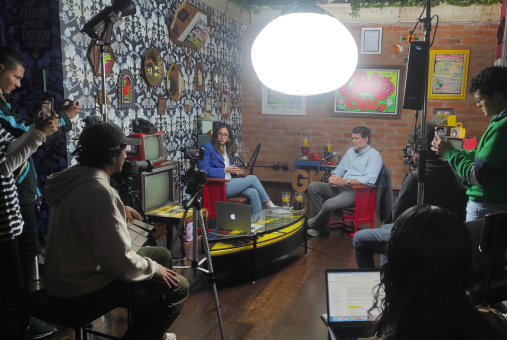
From selling services to striking partnerships, outlets such as Correio Sabiá in Brazil and GK in Ecuador are diversifying to keep journalism going as money gets tight.

Brazilian researchers analyzed 187 media outlets worldwide and found that, amid growing dependence on tech companies, news organizations’ survival hinges on aligning their editorial mission with their funding models.
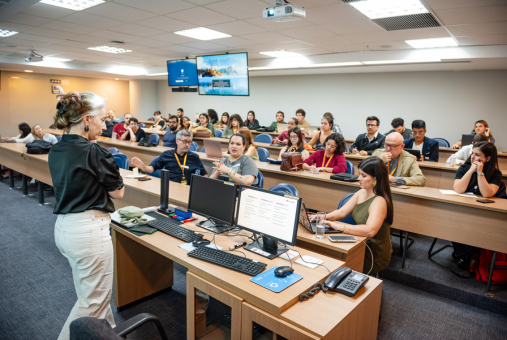
Latam Chequea, a network of news outlets from 21 countries, warns that shrinking support for fact-checkers, the rise of AI, and anti-media laws are creating a “perfect storm.” They call for collaboration with tech companies and urgent action from governments.
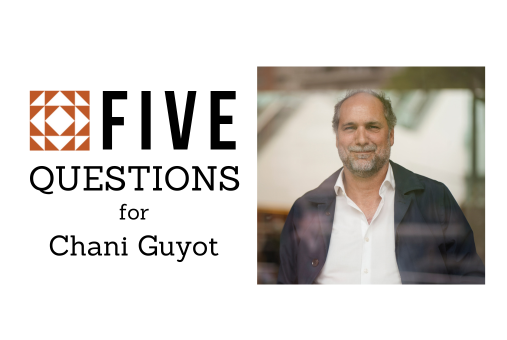
In LJR’s “Five Questions,” the veteran Argentine editor and media entrepreneur encourages colleagues to continue believing in “healthy” journalism that centers audience needs and the human stories that are transforming the world.

Speaking at the 26th ISOJ, executives from journalism funding organizations say nonprofit newsrooms must embrace collaboration, improve self-promotion and expand funding sources to ensure their long-term financial health.
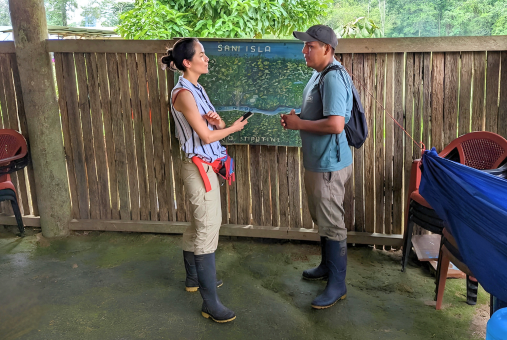
The network of more than 90 environmental journalists — known as PUMA — builds on Mongabay’s eight years reporting across the region. They plan to collaborate on shared challenges like a crisis of funding, threats by criminal groups and censorship by powerful interests.

Research reveals a "vibrant and dynamic" ecosystem in the South American country with a strong reliance on advertising and higher revenue among non-profit organizations.
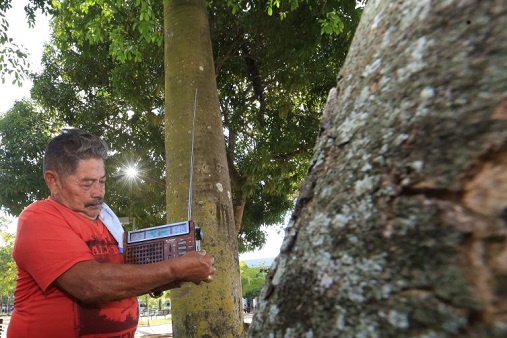
A map by InfoAmazonia shows dozens of independent radio stations broadcasting from remote rainforest communities. Despite financial pressures, many confront agribusinesses while highlighting Indigenous and environmental rights.

Cuban journalist José Nieves speaks with colleagues from Cuba, El Salvador, Nicaragua and Venezuela about membership campaigns, content agencies, virtual stores, holding events, and sustainability challenges.
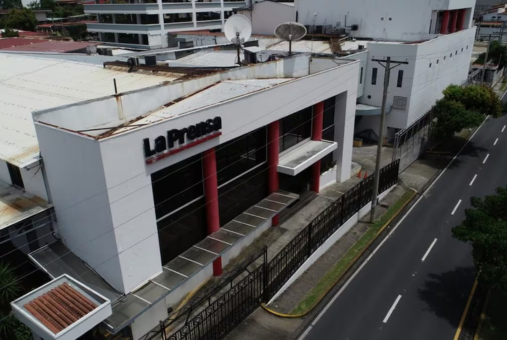
La Prensa, a top Panamanian newspaper, faces a major lawsuit from ex-President Ernesto Pérez Balladares. The case underscores the growing threats to independent media in the country.
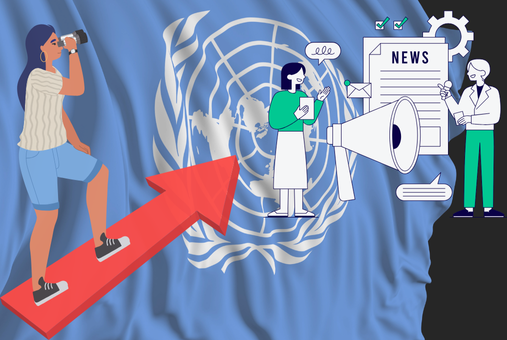
The petition asks for stronger language in the Pact for the Future regarding guarantees for access to information, press freedom and journalism in the public interest.